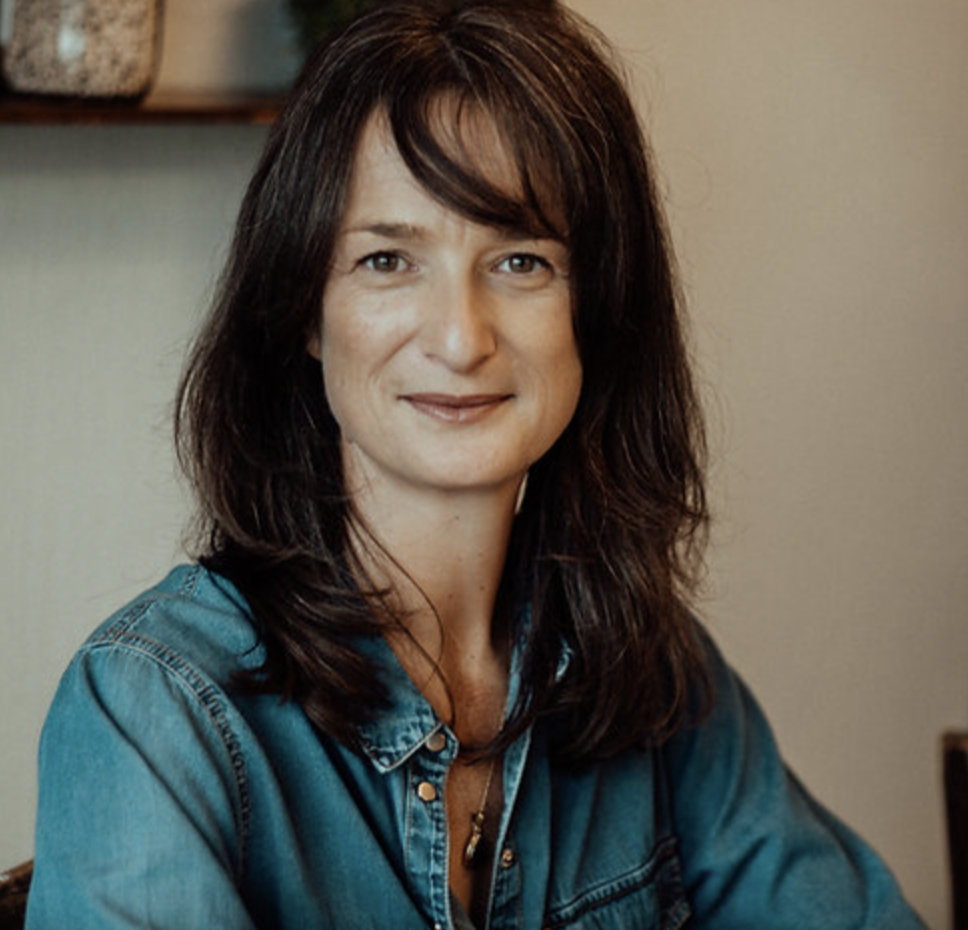A guest blog post written by TASK Graduate, Layla Auer (Edited by TASK).
January is the time when many of us swing from one extreme to the other, creating opportunities for inner conflict and the grounds for self-flagellation and punishment. December is associated with Christmas parties – excessive behaviours, indulgence and lots of socialising. Then, on New Year’s Day, we outline everything we will abstain from as well as a long list of things we will start doing. Although there are many benefits to making changes to our lifestyles, New Year’s resolutions also open up space for failure and can confirm our insecurities. I believe creating positive intentions, rather that new year resolutions, leads to a more healthy balanced life.
As New Year approached, my list of resolutions was getting longer and longer. It included things such as:

- Exercise more
- No caffeine
- No gluten
- 100% plant-based diet
- More meditation
- More self-care
- No white rice, no white flour, no white anything
- No refined sugar
- Daily yoga
The list went on and on and on.
Resolutions create a space for negative self-talk
All of these resolutions would be very beneficial to my physical and emotional well-being, if they did not carve a space for negative self-talk to settle in. As New Year’s Eve approached, I really tapped in to how my body felt when I thought about the long list of resolutions I’d created. Through meditating and observing how thinking about the resolutions felt in my body, it became very obvious that there was something not sitting right. My jaw tightened, my stomach clenched and I could feel the adrenaline in my body increase. All of these sensations are indicators of stressors, stressors that alert me that something is not quite right.
My only resolution was to not have any resolutions
New Year’s resolutions can become one more thing we force and pressure ourselves to in an already over pressurised society. This is why on the 1st January I decided that my only resolution was to not have any resolutions.
Is that a cop out? Is it a sign of weakness? A lack of self-care and love? I don’t think so.
New year’s resolutions v/s positive intentions
Resolutions can provide the space for negative chatter if they are not stuck to, such as: I failed, I can’t do this, I’m useless, I can’t quit, I have no self-control, I’m fat, I’m unhealthy, etc. Not adhering to, or struggling to implement your resolutions, can make you feel worse, overwhelmed and confirm how weak you are.
Intentions can carry a very different energy, laying fertile ground for seeds to grow, for healthy self-talk and a useful framework for you to evolve, blossom and step into your power.
We are all conscious creators of our own reality

The power of intention is based on the concept that we are all conscious creators of our own reality. Therefore our thoughts impact our health and our daily lives. Think and feel positive and positive things will happen. The inverse is also true. If this all sounds a bit woo woo, there is a vast body of research based on rigorous scientific experiments that confirms this. Just think of the placebo effect during clinical trials where people often heal as well as, or better than, those given medication. The crux of the research on the power of intention is that we can manifest our own reality and harness the energy of intention to transform our lives for the better. Researcher such as Joe Dispenza and Bruce Lipton have written extensively about this.
Three powerful positive intentions for the year ahead
1. Be kinder to yourself
Think about the decisions you make and ask the question: “Is this decision going to make me feel good about myself?“
For example, if you decided you want to cut out or reduce your alcohol consumption, observe how your body feels when you think about drinking alcohol. If you experience stress, your body is likely telling you that drinking alcohol today will not make you feel good. So, be kind to yourself and drink something non-alcoholic. Or focus on something that will reduce the stress in your body. You may want to switch alcohol for a walk in the woods. Or put some tunes on and dance your socks off in the kitchen.
2. Be patient with yourself
This means understanding that you are fallible and complex and that sometimes you may get it wrong. If you are kinder and more patient towards yourself, you are more likely to be in a place of empowerment. Therefore you are more likely to make good decisions that positively impact your health and wellbeing.
3. Be grateful
Tap into the transformative power of gratitude. At the end of each day, write down at least 5 things you are grateful for about yourself. This can be really hard at first, especially if you are so used to the program in your brain that repeatedly tells you how useless you are. If you struggle to come up with 5 per day, write the same one 5 times. Some examples are:
- I am grateful that today I decided to be kind to myself and choose not to drink alcohol.
- I am grateful to myself for recognising that sometimes I make mistakes but I forgive myself for this and move on.
- I am grateful to myself for choosing to eat less sugar today.
- I am grateful to myself for doing five minutes of exercise before work.
- I am grateful to myself for downloading a meditation app and starting the journey of living a mindful life.
Positive intentions open up a creative and positive space. A space where you feel the benefits of making good decisions and want to experience more of it rather than providing a set of obstacles that could lead to a confirmation of self-doubt and failure.
How can Systematic Kinesiology help?
Life can be a real struggle and getting some support is a sign of strength, demonstrating that you are open to exploring how to live a more balanced life.
Systematic Kinesiology focuses on the interrelationship between thoughts and emotions and how they impact you physically. You are what you think, so to speak. Life’s challenges and experiences can get stuck in your body, leading to negative self-esteem, physical illness and disease.
Through gentle muscle testing, we can explore which emotions are holding you back from being able to embrace life to its fullest. Kinesiology offers an abundance of techniques to release these emotions from your body and to re-program the negative self-beliefs that do not serve you.
Through each treatment, we co-create a manageable self-care routine that enables you to take control of your life, your thoughts and ultimately to take your power back. To know more about how Systematic Kinesiology click here.
To find a local practitioner that can help you with setting your positive intentions and so much more, go to: TASK UK Network

Original post can be found on Layla’s website
Layla discovered kinesiology whilst on holiday in Mexico. By the end of the holiday, she’d decided that she wanted to be a kinesiologist.
After training she set up her own clinic in the Bristol area.
Layla works with people of all ages and backgrounds, from children to circus performers, athletes to physios.
People go to see Layla if they feel stuck and want support to bring about changes in their life.
She treats clients that are interested in root causes and want to feel more energised and take their health back into their own hands.